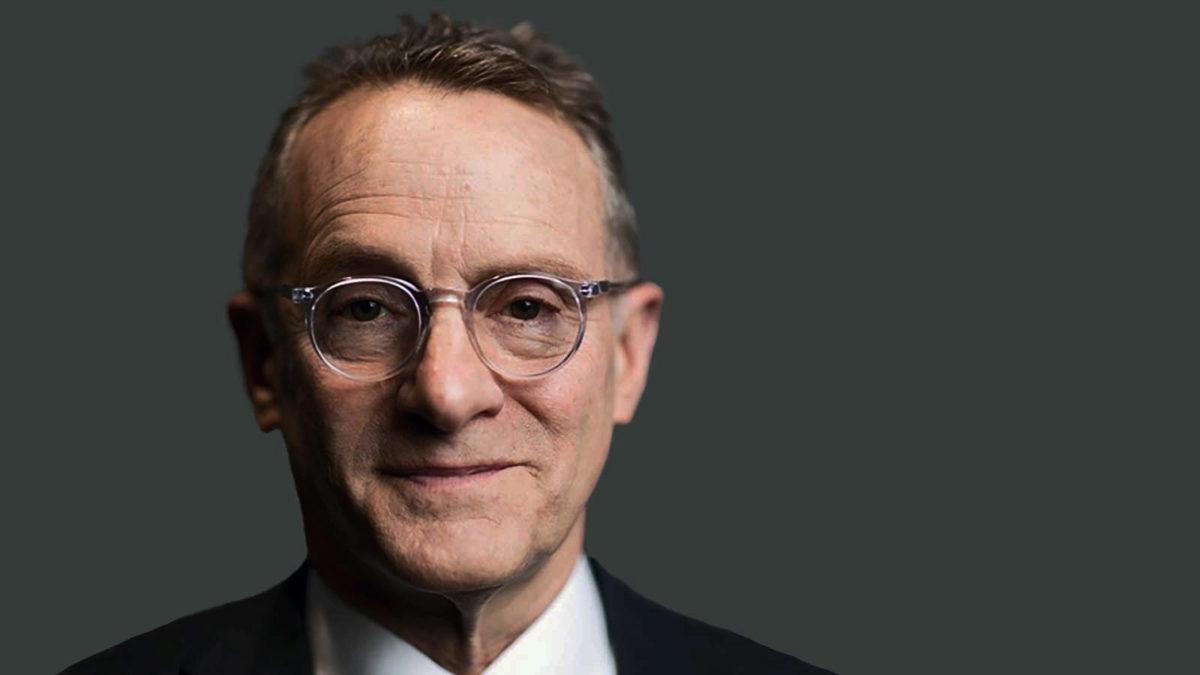‘A kind of hitchhiker’: passive a parasite on active
While the debate about the benefits of passive investing vs active investing continues to rage (despite long-term performance data that ought to have settled it) Oaktree Capital founder Howard Marks believes the relationship is more complex – and more parasitic – than passive investors realise. Active managers do the hard work of price discovery; ETF providers take their word for it.
“The flaw in passive investing is that you have to view it… as a kind of hitchhiker, a free rider on the market. There are 1000 people out here doing active investing and distilling all the information and thinking about the future of the company and thinking about the fairness of the price, and the result is the market price,” Marks said.
“… And then there are ten people over there who run index funds, and they just buy at the market prices because they think those prices are probably fair, or the best you can do, so why go to all the trouble and expense of doing fundamental analysis?”
The problem for Marks arises when the number of people doing fundamental analysis dries up, and the ratios reverse; 1000 people start free riding on the efforts of ten. Then the potential for a divergence between price and fair price increases, and that free ride is not as easy to get or as risk-free as before. Active investing is no good, Marks says; passive investing works better, but only if people keep doing active investing.
“This is a conundrum; the less people invest actively, the greater scope there is for price to diverge from value,” Marks said. “In theory, it becomes easier to find bargains and overpriced securities, and the return from active effort rises. So that’s the irony.”
Marks says that while passive investing is here “in a big way”, algorithmic investing à la Renaissance Capital is yet to make as big a splash as it could. But he’s skeptical that the next revolution some quants prophecise – the complete replacement of human investors with artificial intelligence or machine learning- will ever materialise.
“I don’t think the essence of the business plans or the CEOs can completely be converted into data and input into the computers,” Marks said. “I’m not an expert, but I wouldn’t think computers can make those qualitative subjective judgements better than the best people. Now clearly, not every person can do those things either.”
“… But I don’t think computers will be able to do it. To me, the key conclusion… is that computers can outperform most people, but not the best people. If so, there will still be room in active investing for the best.”











